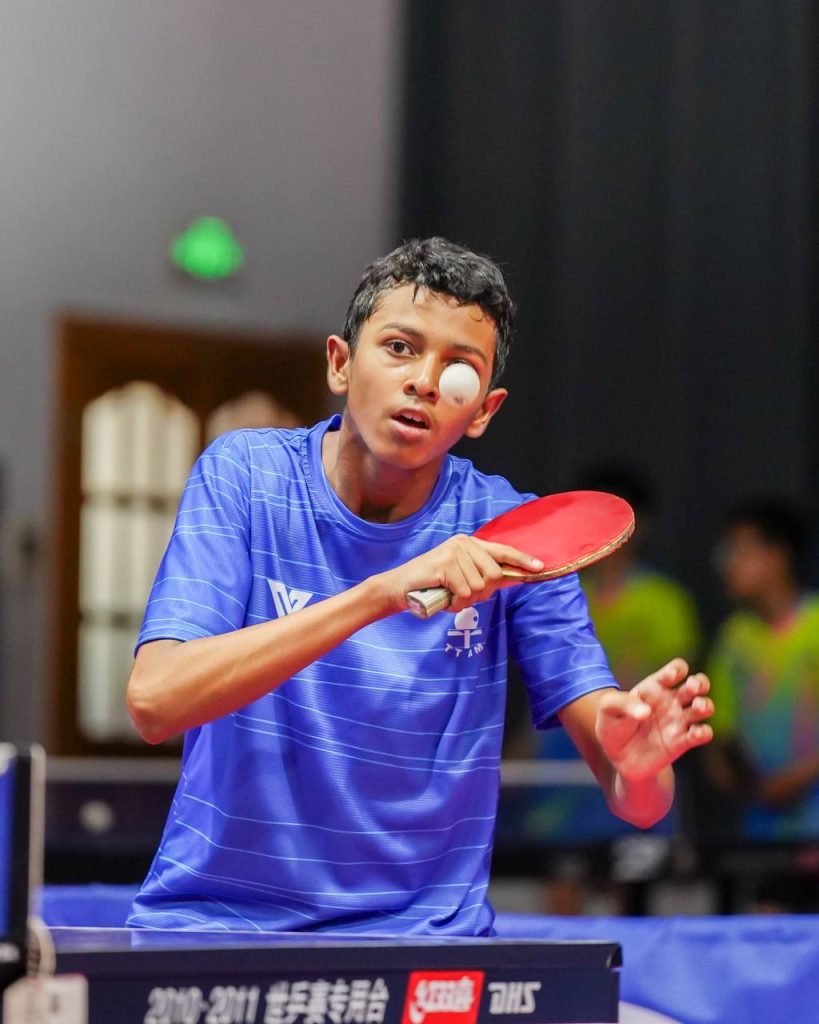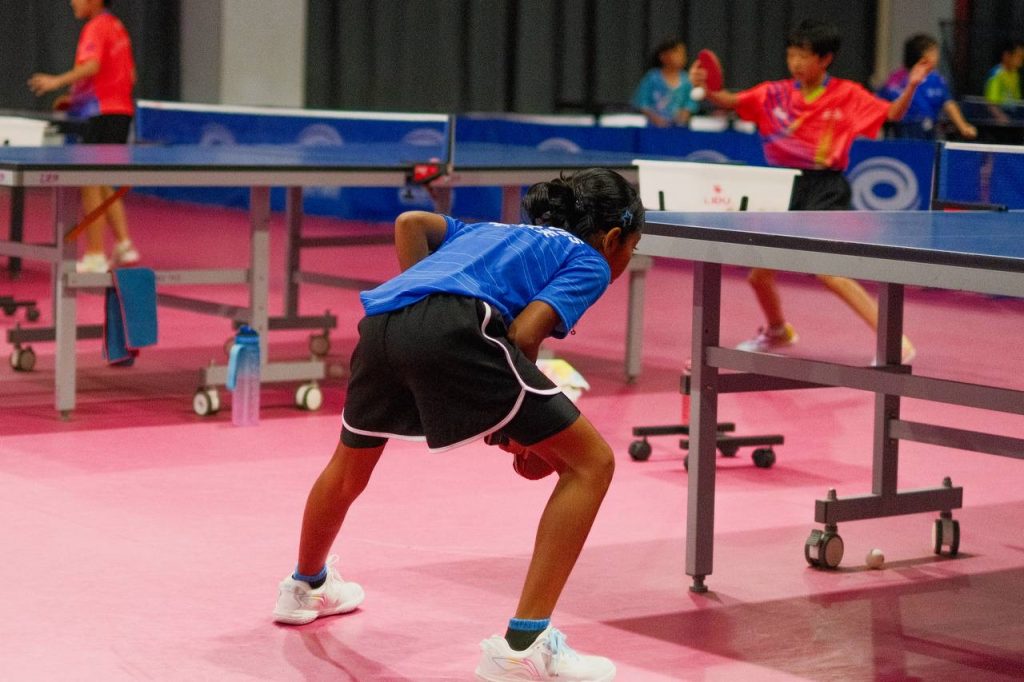
In a brightly lit hall on the outskirts of Kunming, the soundtrack is a relentless, rhythmic staccato. Click-clack, click-clack. It’s the sound of table tennis, a sport that in China is less a pastime and more a national institution. This wasn’t just any training session; it was a vibrant symbol of sports diplomacy in action.
This annual exchange, arranged by the Chinese Embassy in the Maldives and the Kunming Foreign Affairs Office, brings approximately 25 young Maldivian players to China for an intensive training camp. Fully sponsored by the Chinese side, which provides for all accommodation and meals, the program is a cornerstone of a growing cultural partnership. On one side of the tables were aspiring student-athletes from the Maldives. On the other, a group of Chinese children, some no older than ten, whose movements were a blur of precision and speed.
The history of “Ping-Pong Diplomacy” is legendary, famously thawing relations between the US and China in the 1970s. Here in Kunming, its spirit is alive in a new generation. This is a grassroots connection, a friendly but intense exchange between a sporting giant and a passionate, aspiring island nation.
We watched as a Maldivian player exchanged blistering rallies with a young Chinese boy who barely reached his waist. What the boy lacked in height, he made up for with impossibly fast footwork and a topspin loop that defied his small frame. There was no animosity, only a shared language of fierce, friendly competition.

“This is invaluable,” said Ibrahim, a coach with the Maldivian team, shaking his head in admiration. “In the Maldives, we have the passion and the talent. But to see this level of discipline, this technique, from such a young age… it’s inspiring. The Chinese kids live and breathe this sport. For our players to train with them, to feel their speed and their spin, is a lesson you cannot get from any textbook.”
The sentiment was shared by the players themselves. Fathimath, one of the promising young talents from the Maldives, was breathless but beaming after a long rally. “It’s so fast! They are so good, but also really friendly. We are learning so much, not just about table tennis, but about their culture. It’s an amazing opportunity.”
Read more stories:
Lijiang’s Living History and Fading Glyphs
The Unexpected Green Future in an Ancient Valley
Kunming, The City of Eternal Spring, Finds Its Voice
Reflections on the Rails of the Dragon
A Maldivian parent who accompanied his son on the trip echoed the feeling of gratitude. “To have this entire trip, the food, the world-class training, all sponsored… it is a gift for our children. He is not only becoming a better player, but he is seeing the world and making new friends. We are very thankful to the organizers.”
The head coach of the Chinese youth academy, Mr. Li, a former provincial champion, saw the exchange in broader terms. “The table is small, the world is big,” he told us, a smile crinkling his eyes. “But on this table, we are equal. We see their strength, they see our speed. We share techniques, but more importantly, we share respect. This is the real prize.”

As the practice session wound down, players from both nations gathered for photos, exchanging handshakes and signed paddles. It was a reminder that sometimes, the most effective bridges are not built of steel and concrete, but across a small wooden table, with a lightweight plastic ball bouncing between two cultures.